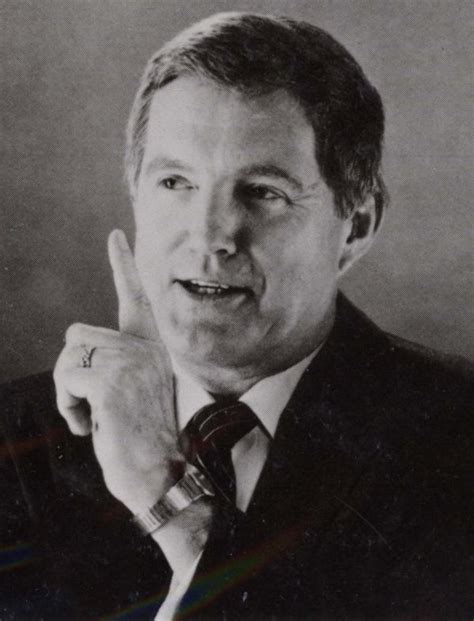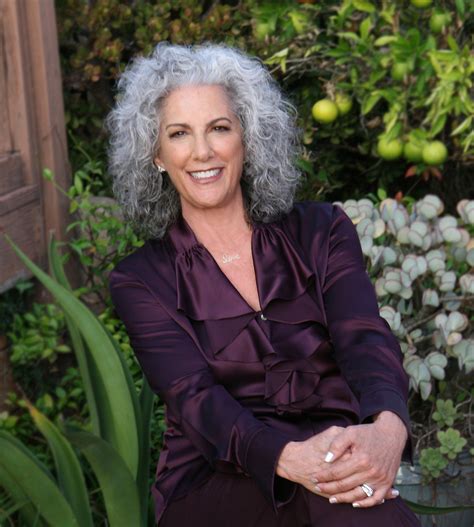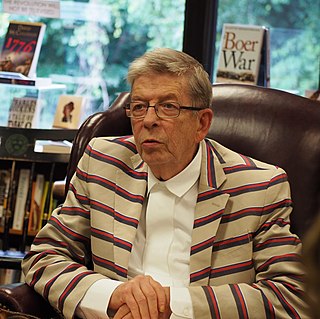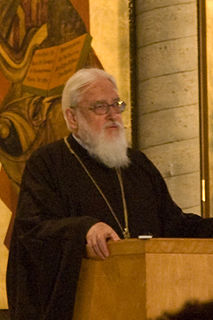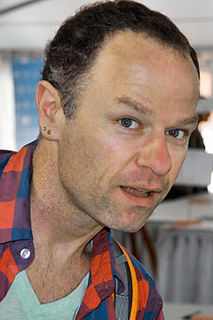A Quote by Marcel Proust
None of us constitutes a material whole, identical for everyone, which a person has only to go look up as though we were a book of specifications or a last testament; our social personality is a creation of the minds of others. Even the very simple act that we call "seeing a person we know" is in part an intellectual one. We fill the physical appearance of the individual we see with all the notions we have about him, and of the total picture that we form for ourselves, these notions certainly occupy the greater part.
Quote Topics
About
Act
Appearance
Book
Call
Certainly
Creation
Even
Everyone
Fill
Form
Go
Greater
Him
Identical
Individual
Intellectual
Know
Last
Look
Look Up
Material
Minds
None
Notions
Occupy
Only
Others
Our
Ourselves
Part
Person
Personality
Physical
Physical Appearance
Picture
See
Seeing
Simple
Simple Act
Social
Specifications
Testament
Though
Total
Up
Us
Very
Were
Which
Whole
Related Quotes
Individuals understood in relational terms cannot be conceived as fully separate from their communities. Others in one's community may already be a part of the self. This conception of the person as overlapping in identity with others has normative implications for what constitutes the good of the individual and how that good relates to the good of others. One's relationship with others can form a part of one's good as an individual, such that one can have a compelling interest in the welfare of these others and in one's relationship with them.
One reason I can be more tolerant than most is that as a therapist I have the advantage of information about my patients that most people are not privy to. And I discover that we rarely if ever see the totality of another in ordinary social intercourse. When an individual appears mean and lazy, we are only seeing one part of the person, elicited by a particular set of circumstances on a particular day, and we do well to wait a while before concluding that what we see is the whole person.
After a few (or many) bad relationships, its so easy to shut down, give up, and stop believing that the right person is out there for us. Our hearts yearn to fall in love, but our minds insist its not possible, and we enter into a tug-of-war with ourselves. Its as if one part of us is screaming, Yes! I deserve a great relationship! while another part insists, Ill never find him or her. When our beliefs contradict our desires, we experience an inner conflict that not only paralyzes us, but can actually prevent us from recognizing the possibilities for love that exist all around us.
We wake up and go to sleep with ourselves every single day. We see ourselves in the mirror from every angle. We know what we look like. We know what makes us happy about our bodies and what upsets us. And we don't need to value the opinions of others at all - especially from people who that we don't even know, or that we don't care about.
I know that I am not the only person who is alone in the world. I know that others sorrow in the night. That others pick up a razor and slice into their own skin, with greater or lesser success. I know that others look at their lives and see only silent failure and disconsolation, feeding the cat, checking their email, doing the crossword. I know that I am not the only person to have lived a life like mine. I am aware. (212)
We open our eyes and we think we're seeing the whole world out there. But what has become clear—and really just in the last few centuries—is that when you look at the electro-magnetic spectrum we are seeing less than 1/10 Billionth of the information that's riding on there. So we call that visible light. But everything else passing through our bodies is completely invisible to us. Even though we accept the reality that's presented to us, we're really only seeing a little window of what's happening.
Let us not demand of ourselves that we alone must be the agent of change. In a fire brigade everyone passes along a bucket, but only the last person puts out the fire. None of us know where we stand in line. We may be here simply to pass a bucket; we may be called on to play a major role. In either case, all we can do is think, act, and say. Let us direct our thoughts, words, and actions to peace. That is all we can do. Let the results be what they will be.
It was as if personality itself had a 'face'. This non-physical face of personality seemed to be the real key to personality change. It remained scarred, distorted, 'ugly' or inferior the person himself acted out this role in his behaviour regardless of the changes in physical appearance. If this 'face of personality' could be reconstructed, if old emotional scars could be removed, then the person himself changed, even without facial plastic surgery.
The isolated individual is not a real person. A real person is one who lives in and for others. And the more personal relationships we form with others, the more we truly realize ourselves as persons. It has even been said that there can be no true person unless there are two, entering into communication with one another.
A stranger can see in an instant something in you that you might spend years learning about yourself. How awful we all are when we look at ourselves under a light, finally seeing our reflections. How little we know about ourselves. How much forgiveness it must take to love a person, to choose not to see their flaws, or to see those flaws and love the person anyway. If you never forgive you’ll always be alone.
Then you learn about composition, you learn about old masters, you form certain ideas about structure. But the inhuman activity of trying to make some kind of jump or leap, where , the painting is always saying, 'What do you want from me? I can only be a painting.' You have to go from part to part, but you shouldn't see yourself go from part to part, that's the whole point.
It is part of the photographer's job to see more intensely than most people do. He must have and keep in him something of the receptiveness of a child who looks at the world for the first time or of the traveler who enters a strange country We are most of us too busy, too worried, too intent on proving ourselves right, too obsessed with ideas to stand and stare Very rarely are we able to free our minds of thoughts and emotions and just see for the simple pleasure of seeing. And so long as we fail to do this, so long will the essence of things be hidden from us.


